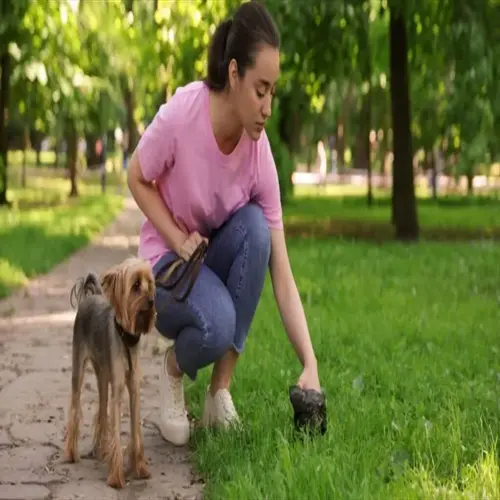How often should senior dogs visit the vet?

Written by
Susan Taylor
Reviewed by
Prof. David Walsh, Ph.D.Routine veterinary exams become very important in the senior years of your dog's life. The body of the older dog undergoes gradual changes in health, and this often requires professional observation to detect. Twice-yearly examinations give good chances for the early detection of problems. The reason for this is that the condition can be discovered before it becomes a serious problem.
Blood Analysis
- Chemistry panels reveal kidney and liver function
- Complete blood counts detect anemia or infection
- Thyroid levels indicate metabolic health changes
Physical Assessments
- Joint palpation identifies arthritis discomfort
- Dental probing uncovers hidden gum disease
- Lymph node checks screen for abnormalities
Specialized Screening
- Blood pressure measurement detects hypertension
- Urinalysis reveals early kidney issues
- Vision/hearing tests assess sensory decline
Blood tests are the heart of senior dog health testing. They find concealed kidney or liver maladies before symptoms show. Unbalanced thyroid functions are also indicated on these tests. The vet, against breed-specific baselines, reads these results.
Joint evaluations determine arthritis progression at every appointment. During the appointment, the veterinarian applies gentle manipulation to the hips and knees to evaluate signs of pain and loss of range. Early intervention prevents further decline. It helps maintain mobility for a longer period.
Dental evaluation identifies periodontal disease that compromises overall health. Calculating the tartar accumulation establishes whether the cleaning is urgent. If the gums have receded, the roots of the teeth are exposed, causing pain while eating. Regular check-ups prevent disease from causing tooth loss and subsequent systemic infections.
Work with your veterinarian in developing a personalized care plan for your senior pet. Share observations regarding any changes in your pet's behavior from visit to visit. Revisit medication options with the veterinarian if a lab test may suggest medication changes. Working in collaboration can lead to a significantly better quality of life for your companion.
Read the full article: 9 Essential Senior Dog Care Tips for Golden Years

